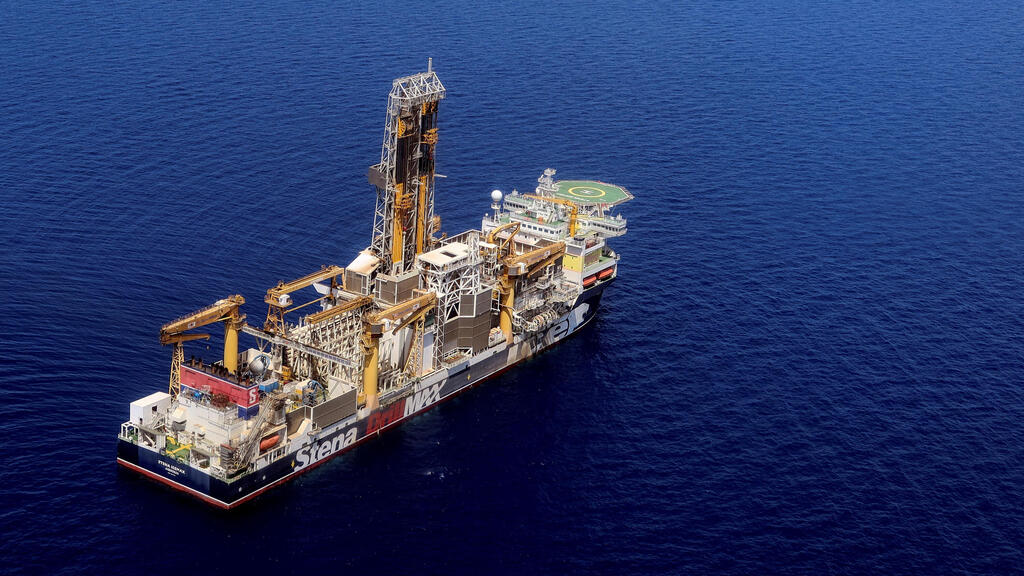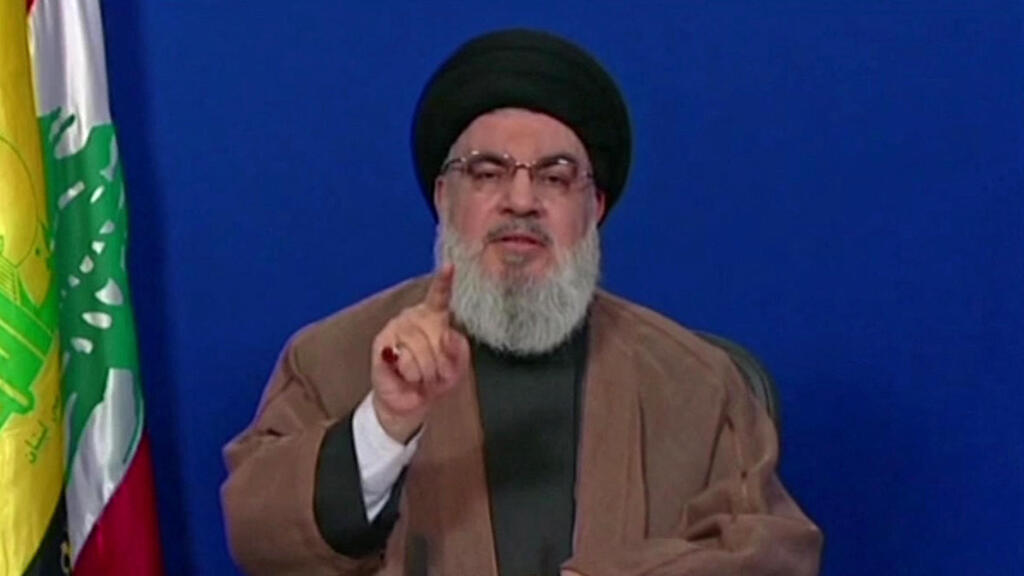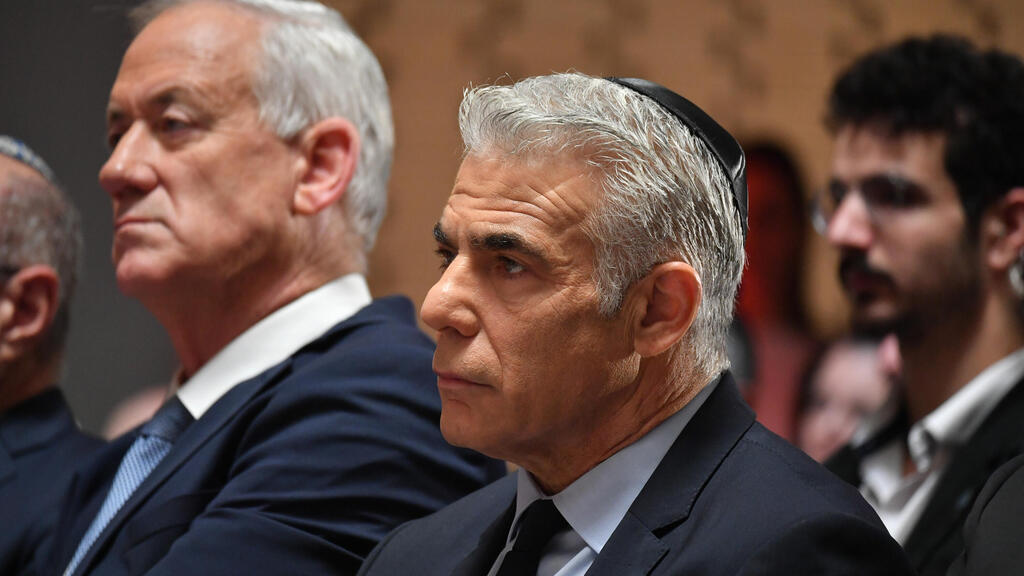Getting your Trinity Audio player ready...
It emerged on Tuesday morning that Israel and Lebanon are on the verge of signing a maritime border deal, with both sides now apparently satisfied with the final draft. In the past few months, as the negotiations unfolded, Prime Minister Yair Lapid and Defense Minister Benny Gantz have been trying to convince the public that the deal must be signed in order to avoid an all-out war with Hezbollah.
I’m not sure whether these warnings came from a place of genuine panic or as part of the lawmakers' election campaigns, but I believe them to be false alarm. There’s no guarantee that not signing the U.S.-mediated deal would have inevitably led to a military confrontation on the northern front.
I acted as chairman of the Knesset’s Foreign Affairs and Defense Committee during the Second Lebanon War in 2006, and for many years after that. I was part of cabinet meetings for over a decade, serving in five Israeli governments.
My experience leads me to believe that Hezbollah chief Hassan Nasrallah will not change the policy he’s been enacting vis-à-vis Israel for the past 16 years. He won’t rush to make daring moves that might spell disaster for Lebanon, his organization, and himself personally.
The Second Lebanon War began with a reconnaissance mission during which two IDF soldiers, Ehud Goldwasser and Eldad Regev, were kidnapped by Hezbollah fighters. Israel retaliated, leading to 34 vicious days of fighting.
Shortly after the war, Nasrallah told a Lebanese media channel that he would not have ordered the kidnapping had he known the outcome of it. That was not a slip of the tongue. It was planned, and meant to handle criticism leveled at Hezbollah at the time over its hasty actions, which led to devastation of Shi’ite villages, and the Shi’ite quarter in Beirut.
More than 16 years have passed since the war, Nasrallah had spent rearming and rebuilding. Still, he continues to avoid making rash moves when dealing with Israel. He nurtured a policy in which Hezbollah reacts to Israeli offensives in a controlled manner that never gets out of hand.
Nasrallah also avoided confrontation during Operation Northern Shield in 2018, when IDF troops operated near the Lebanese border and destroyed Hezbollah terror tunnels that cost the terror group a fortune to build.
Unlike other terror leader like Al-Qaeda’s Osama bin-Laden, Islamic State's Abu Bakr al-Baghdadi and heads of Hamas and the Islamic Jihad, Nasrallah always chose staying alive over the glory of becoming a martyr. He found a balance between an uncompromising commitment to his fundamentalist vision, and operational pragmatism designed to ensure the survival of his organization and himself.
Unfortunately, this balance is in danger of being tipped over due to the current Israeli government’s undecisive actions on the maritime border deal.
What could Nasrallah conclude from the government that takes back most of its demands when pressed and celebrates a “compromise” draft - which would have been rejected by every other Israeli government in the last decade?
If Nasrallah interprets it as Israel panicking over a possible confrontation on the northern front, he would likely rethink his policy of restrain. From there, the path to an all-out war is short, and the warnings our government has been issuing in the past few months could materialize.
This situation brings to mind Winston’s Churchill’s criticism of the British government for signing an agreement with Nazi Germany in 1938: “You were given the choice between war and dishonor. You chose dishonor, and you will have war.”




